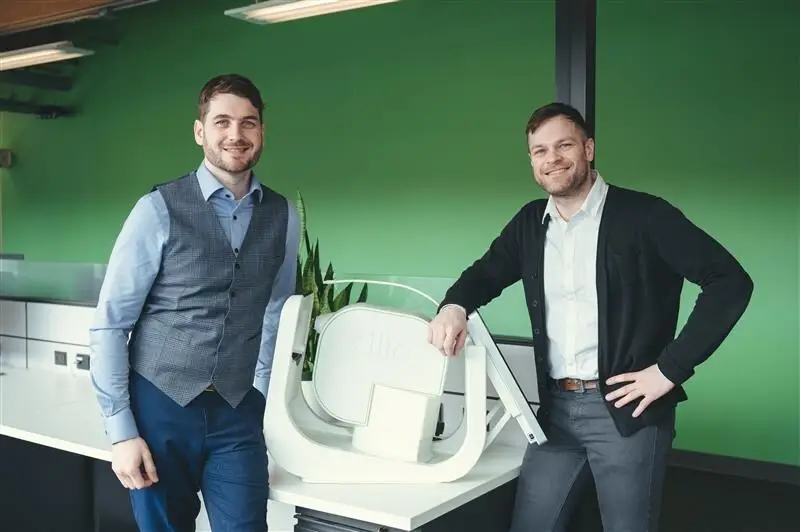December 1, 2020
New England Biolabs (NEB®) announced further expansion of its RNA depletion product portfolio with the launch of the NEBNext Custom RNA Depletion Design Tool and NEBNext RNA Depletion Core Reagent Set. Together, these enable a fully customizable workflow for improved removal of specific RNAs, including abundant RNAs such as ribosomal RNA (rRNA). This approach can be applied to any sample, including those from less commonly used organisms, and from difficult sample types such as formalin-fixed paraffin-embedded (FFPE) tissue samples.
“The removal of abundant RNA is a critical step for many RNA-based applications, including RNA sequencing” said Fiona Stewart, Ph.D., Product Portfolio Manager, Next Generation Sequencing at NEB. “However, removing undesirable RNA sequences from atypical samples, which are not compatible with existing RNA depletion kits on the market, is a challenge faced by many researchers. This problem led us to develop a fully customizable and user-friendly solution that allows scientists to create custom probe sequences which work synergistically with our RNase H-based RNA depletion technology to quickly degrade undesirable RNAs from a broad range of input amounts.”
The free NEBNext Custom RNA Depletion Design Tool allows researchers to input their target RNA sequence to obtain custom probe sequences 40 to 60 bases long. Probes can then be sourced from their preferred oligo provider and can be used with the NEBNext Custom RNA Depletion Core Reagent Set or as additions to the probe sets in other NEBNext RNA Depletion Kits (rRNA removal for human, mouse, rat and bacteria samples, and globin mRNA removal).
These kits utilize the NEBNext RNase H-based depletion workflow, which is compatible with 10 ng – 1 µg of high-and low-quality RNA samples. The workflow can be completed in two hours, with only 10 minutes of hands-on time.
New England Biolabs: “This technology has been superb for eliminating the ribosomal RNA for a range of custom projects, including tracking novel viruses in mosquitoes, longitudinal profiling for astronauts, and host-pathogen interactions in COVID samples,” said Dr. Christopher Mason, a geneticist and recent user. “Any species can now have a rich, in-depth profile created of its complex transcriptome, from non-coding RNAs to RNA modifications.”
“The open-access tool to design sequences for rRNA removal that NEB is providing to the research community has been very useful for us,” said Vladimir Benes, Head of Genomics Core Facility at the European Molecular Biology Laboratory. “This method for customization of RNA depletion has proven valuable for a range of organisms. Use of custom probes for Xenopus laevis ribosomal RNA worked very well, resulting in complete depletion. And supplementing the probes in the NEBNext rRNA Depletion Kit (Bacteria) with custom probes for the bacillus Eggerthella lenta led to 90% depletion of the ribosomal RNA.” More here.

